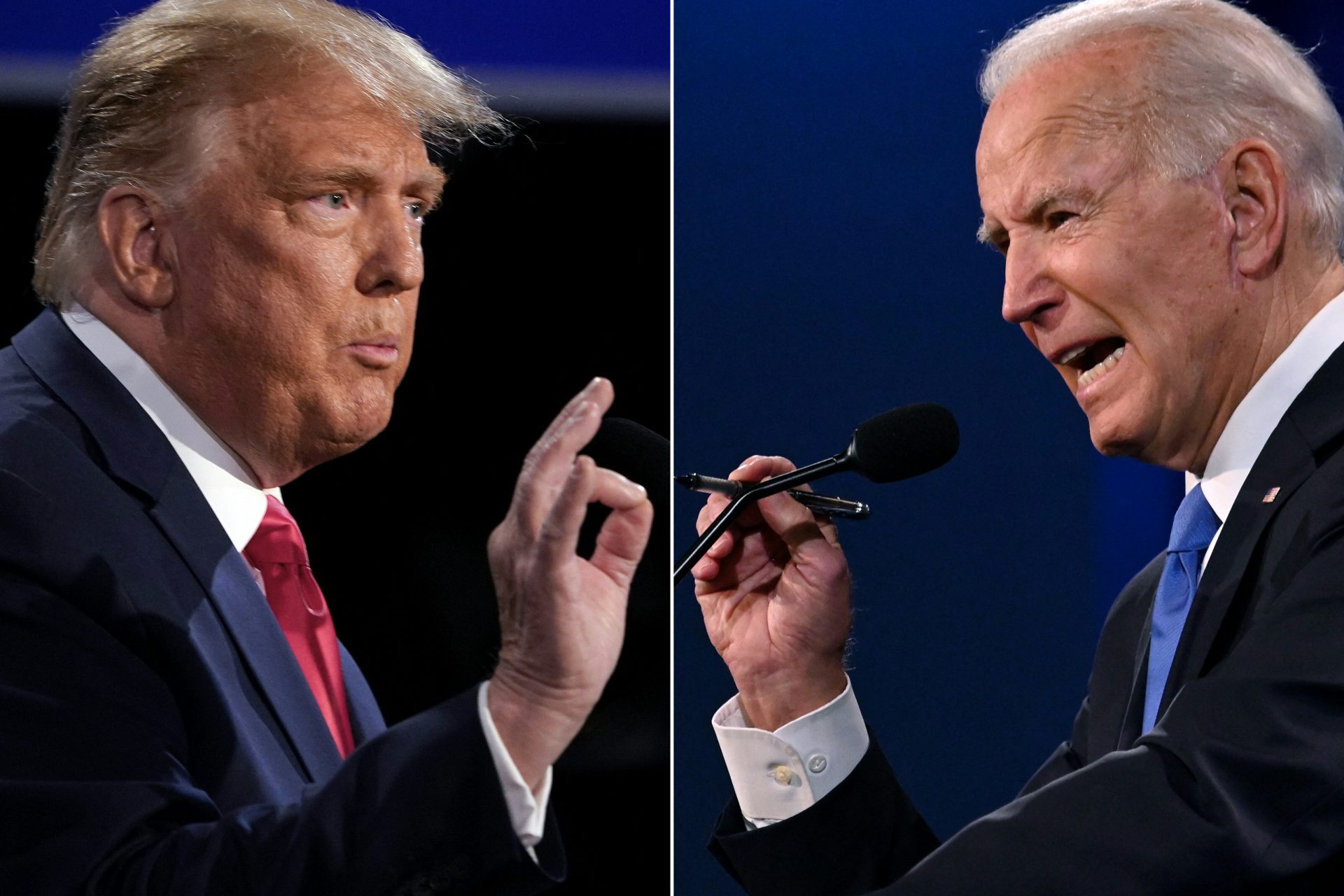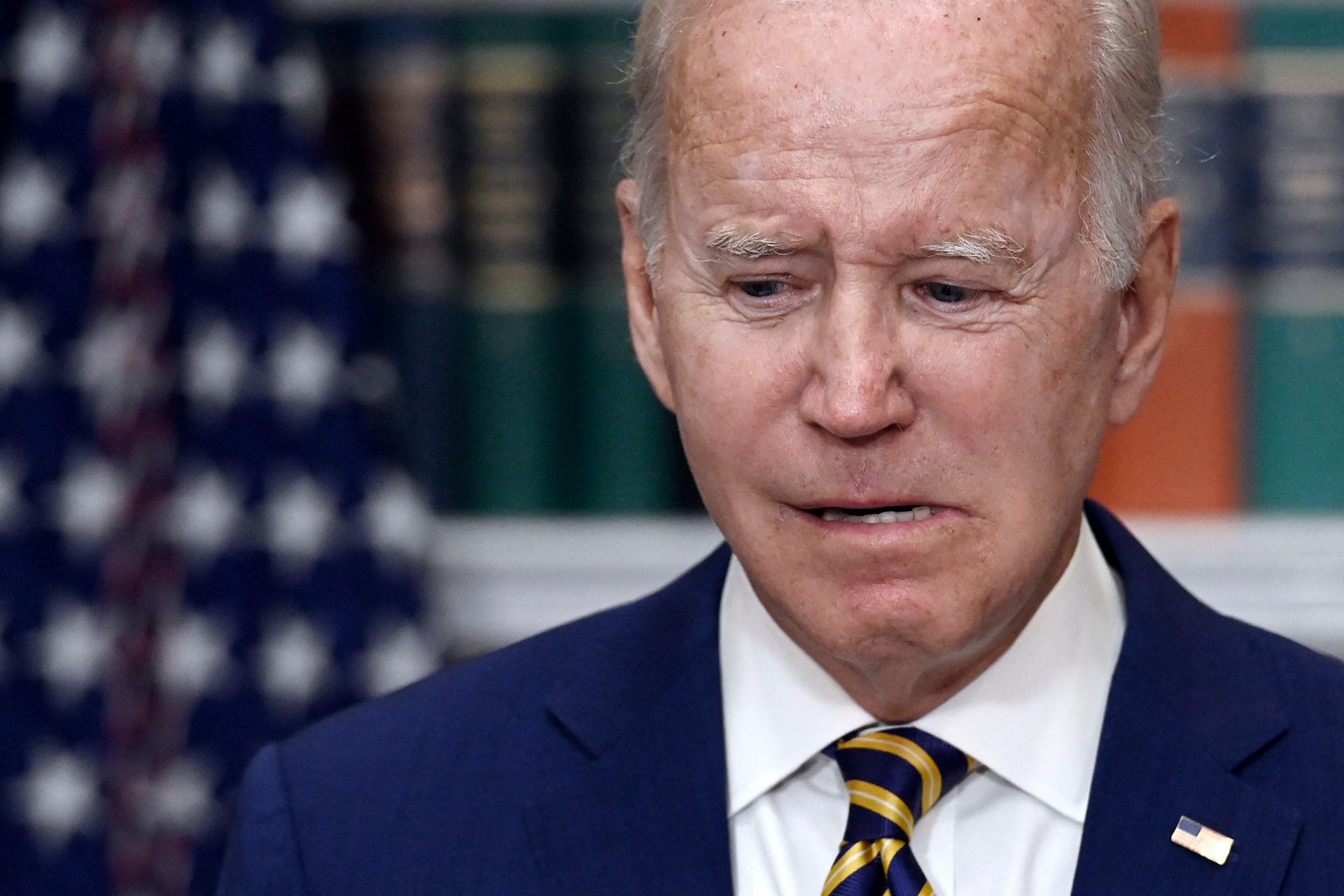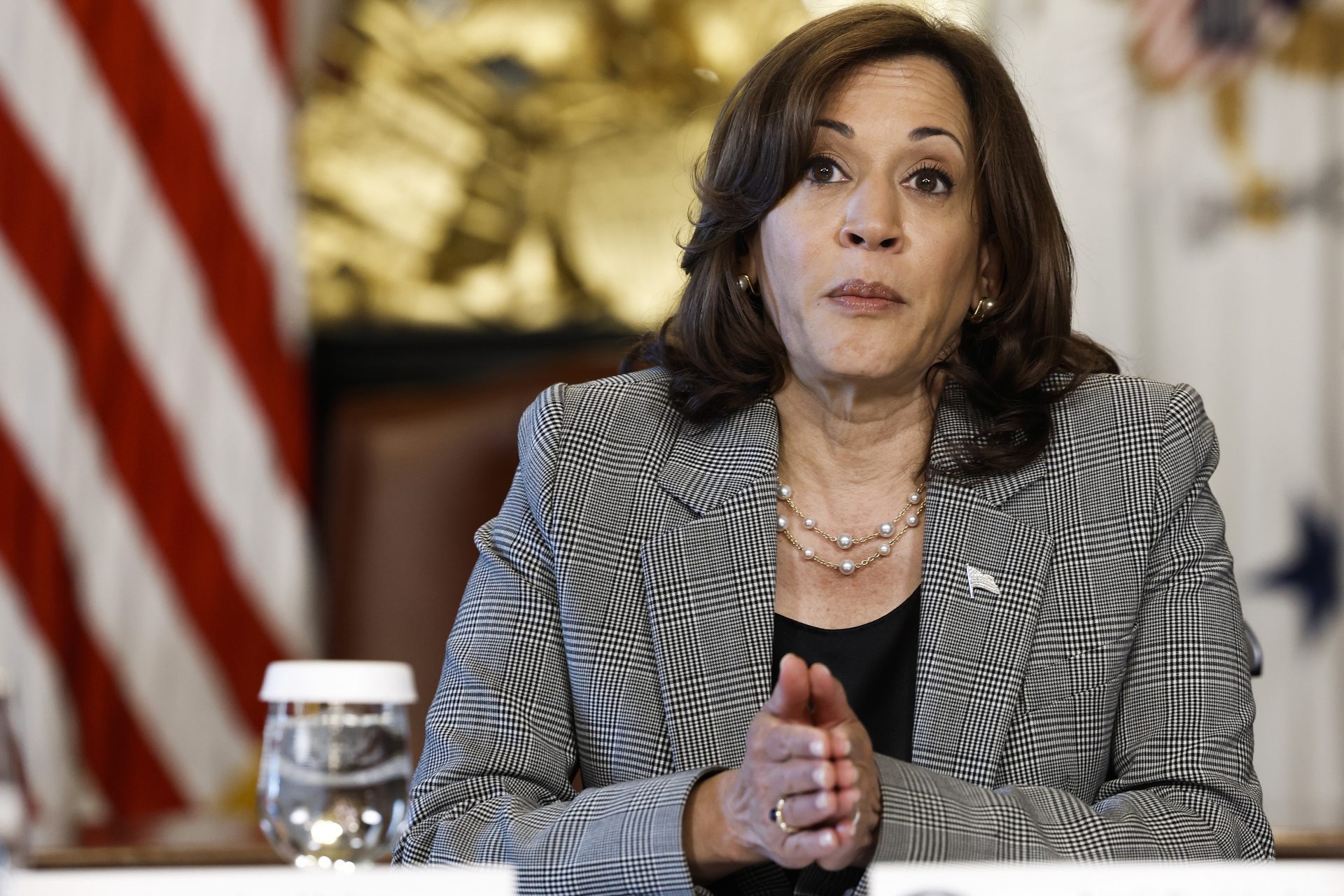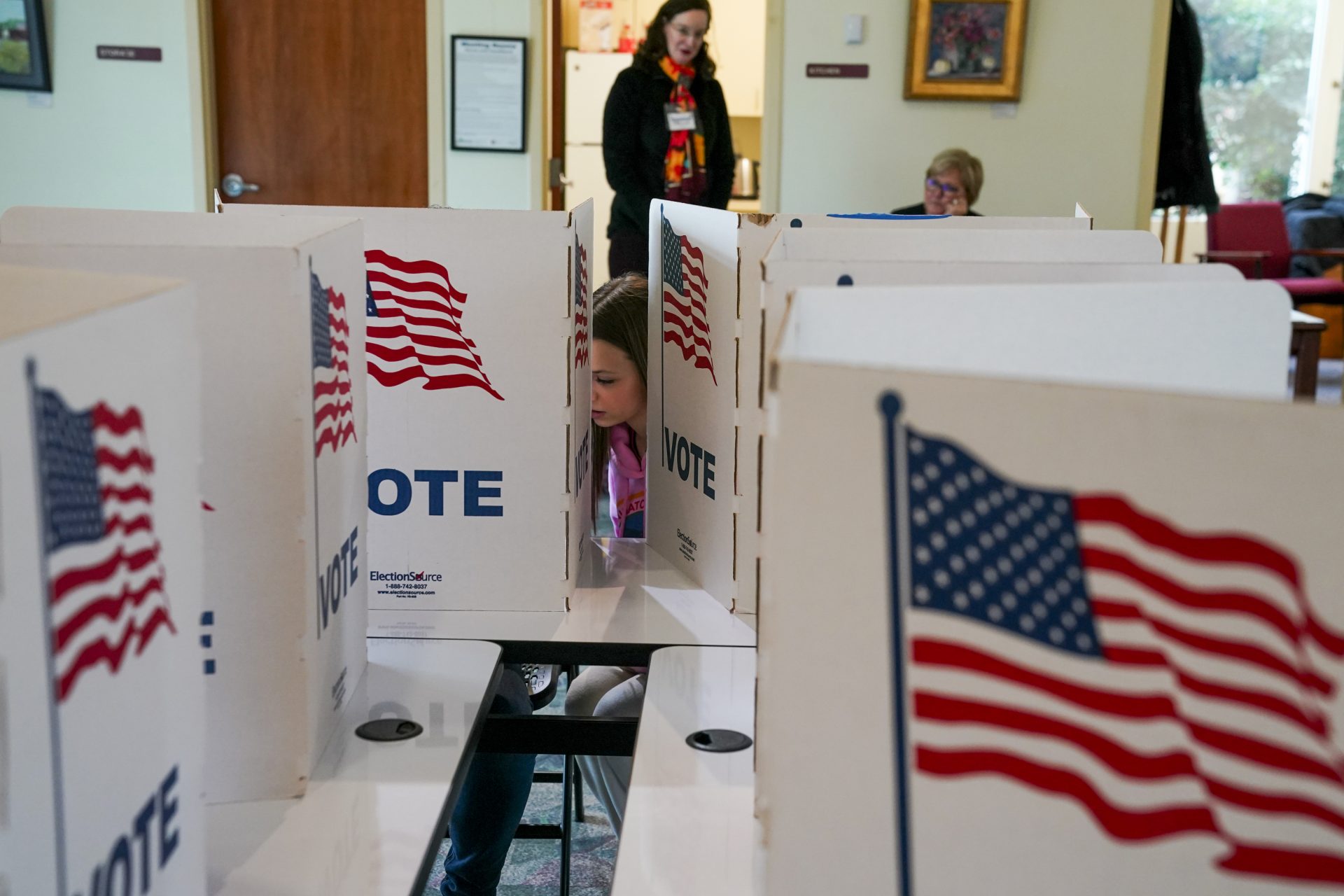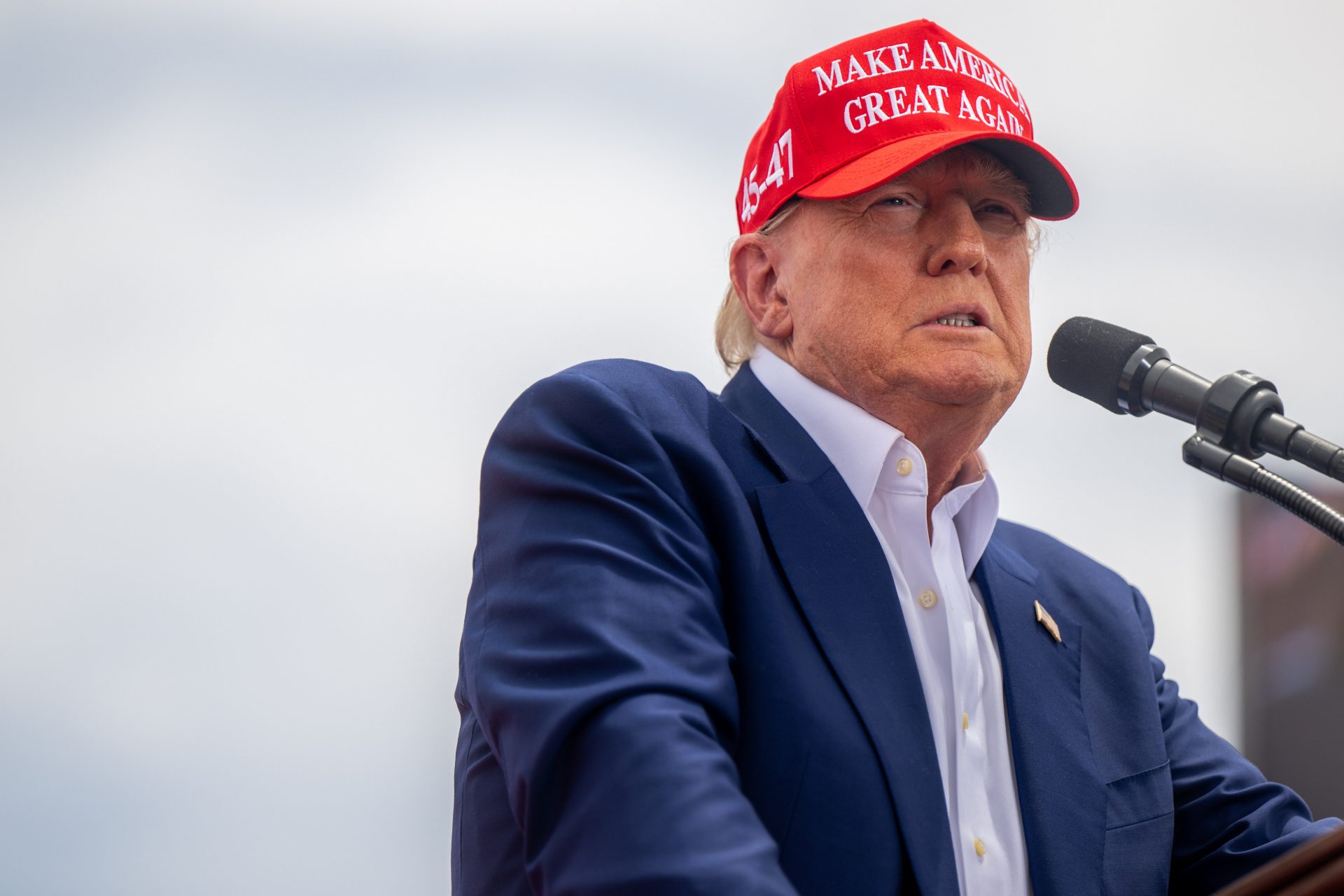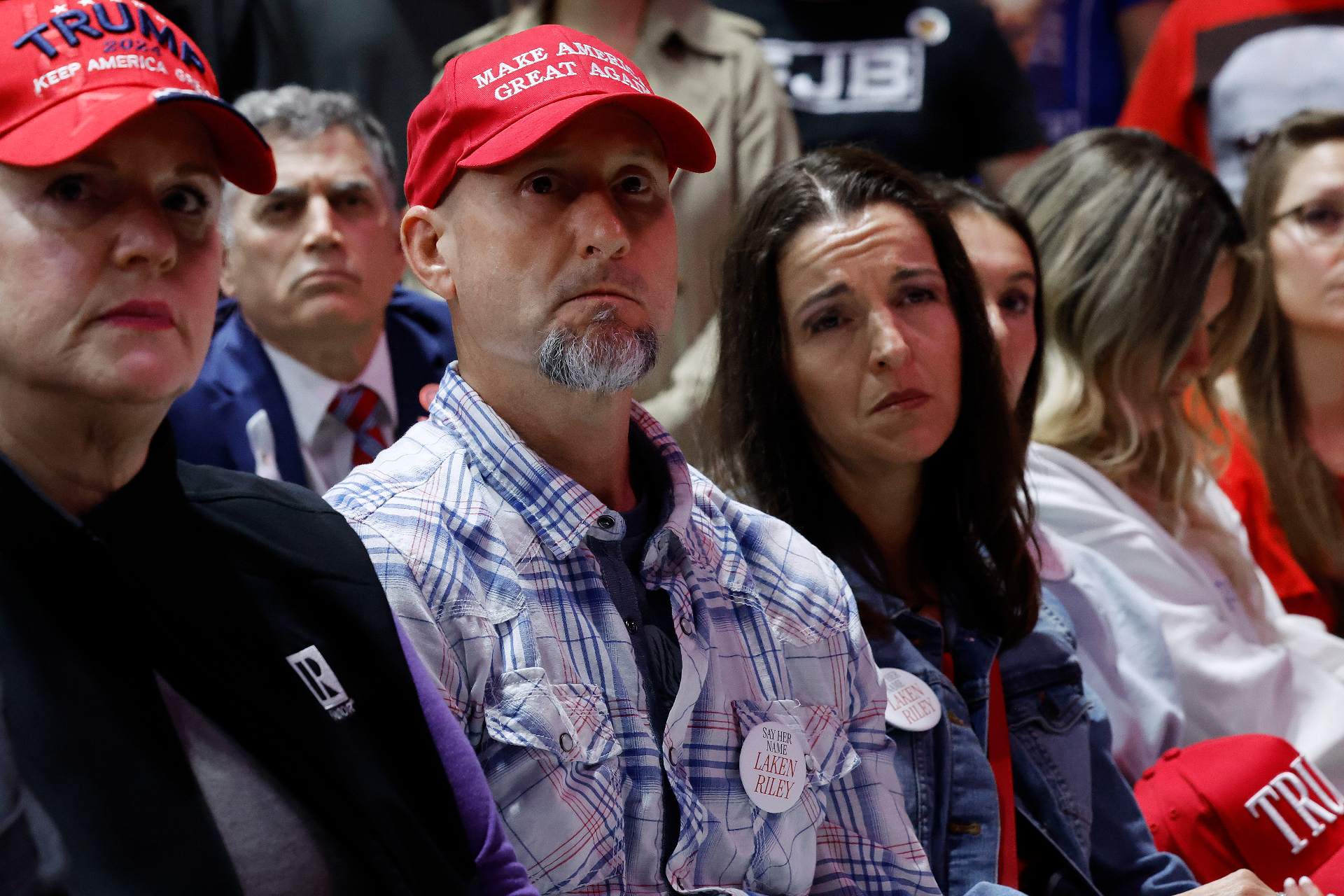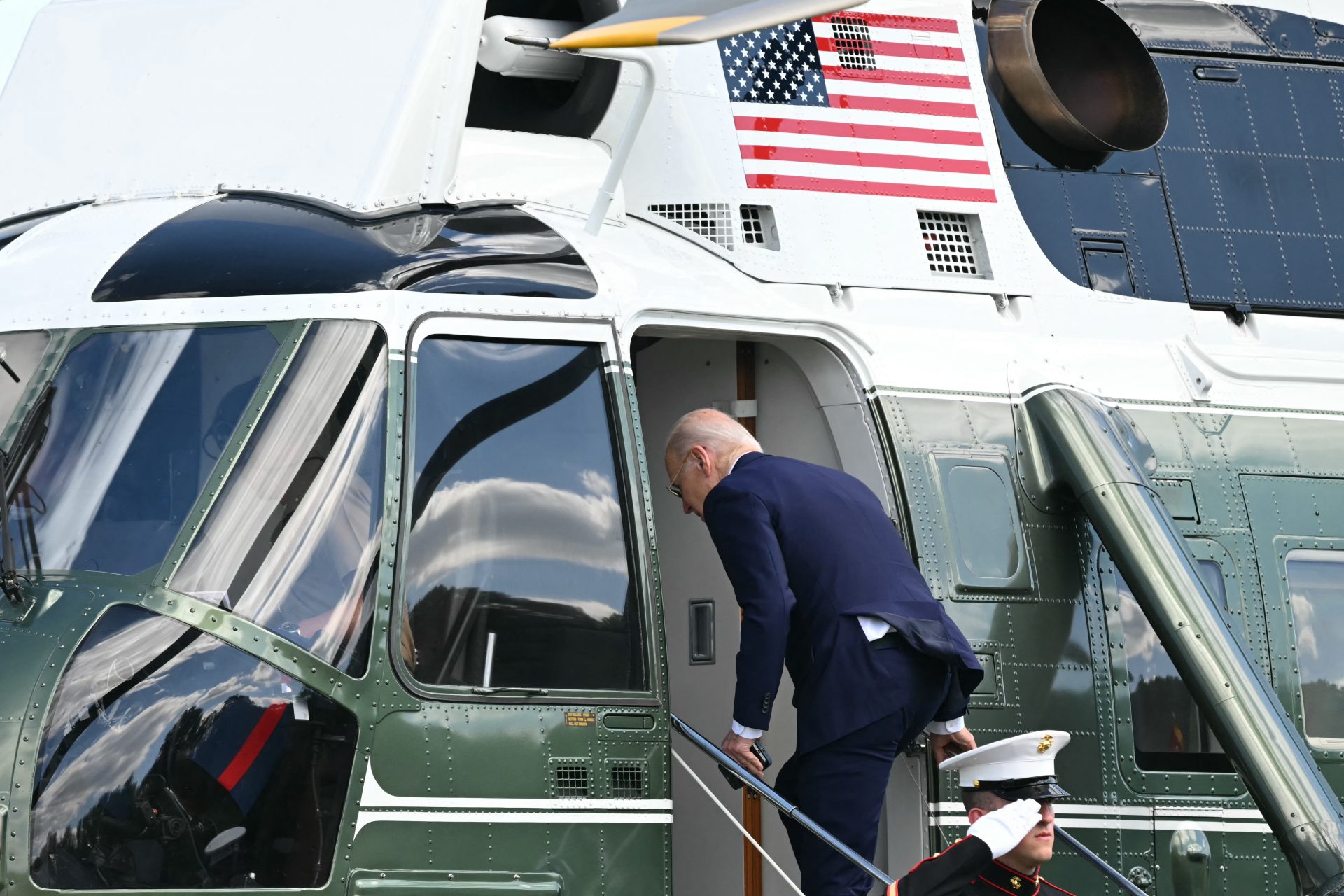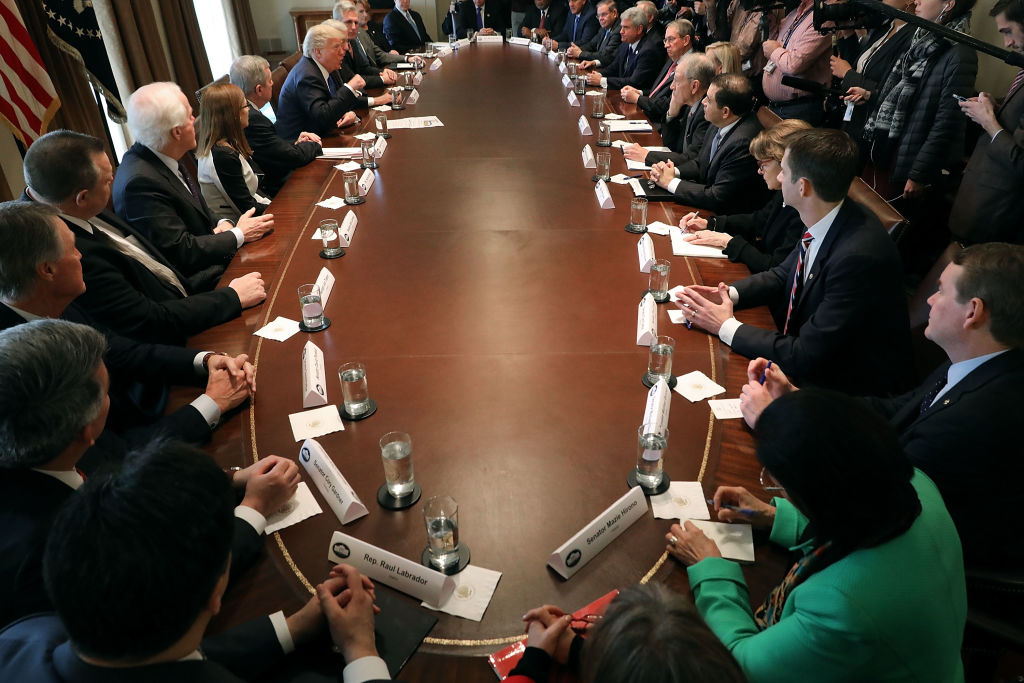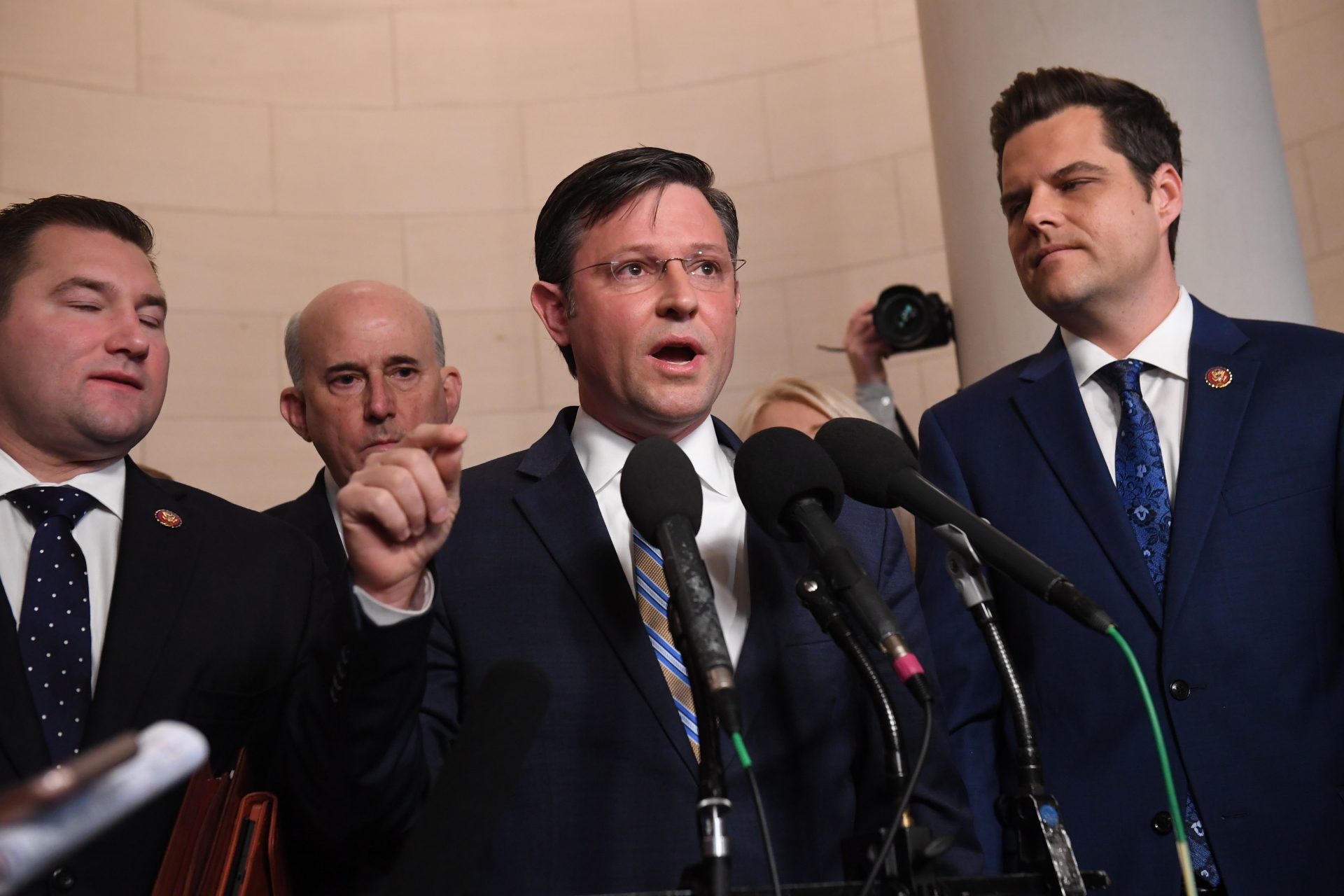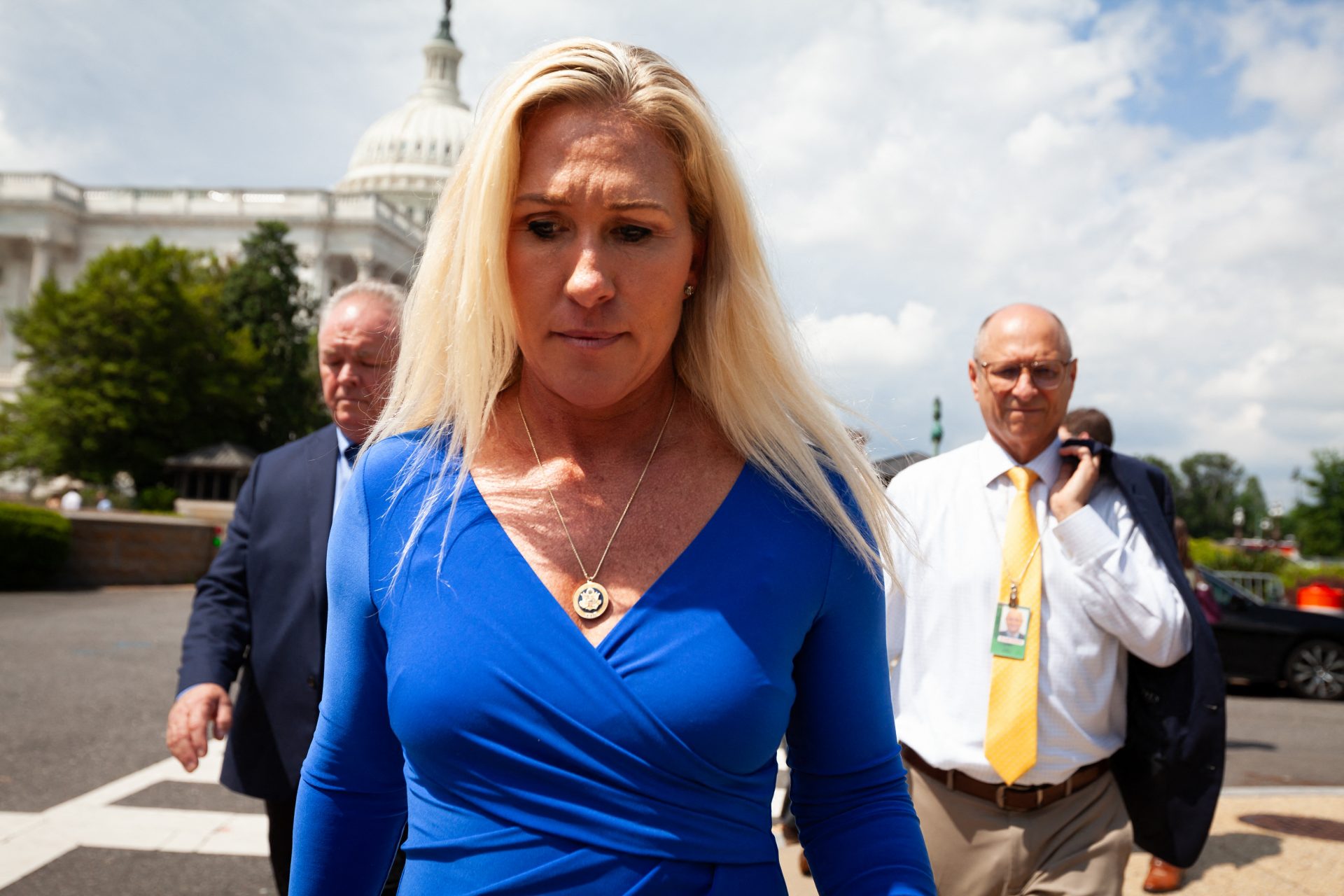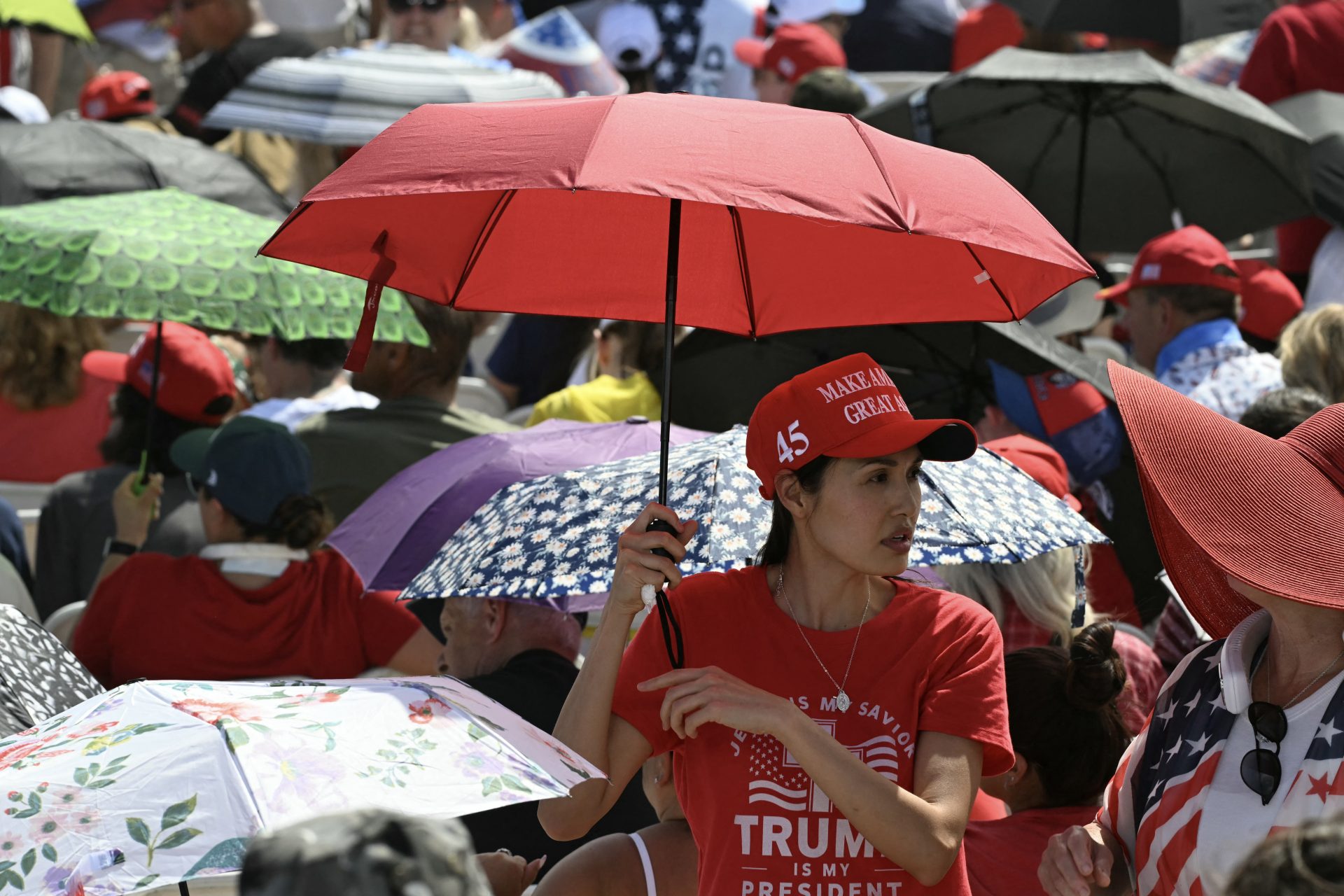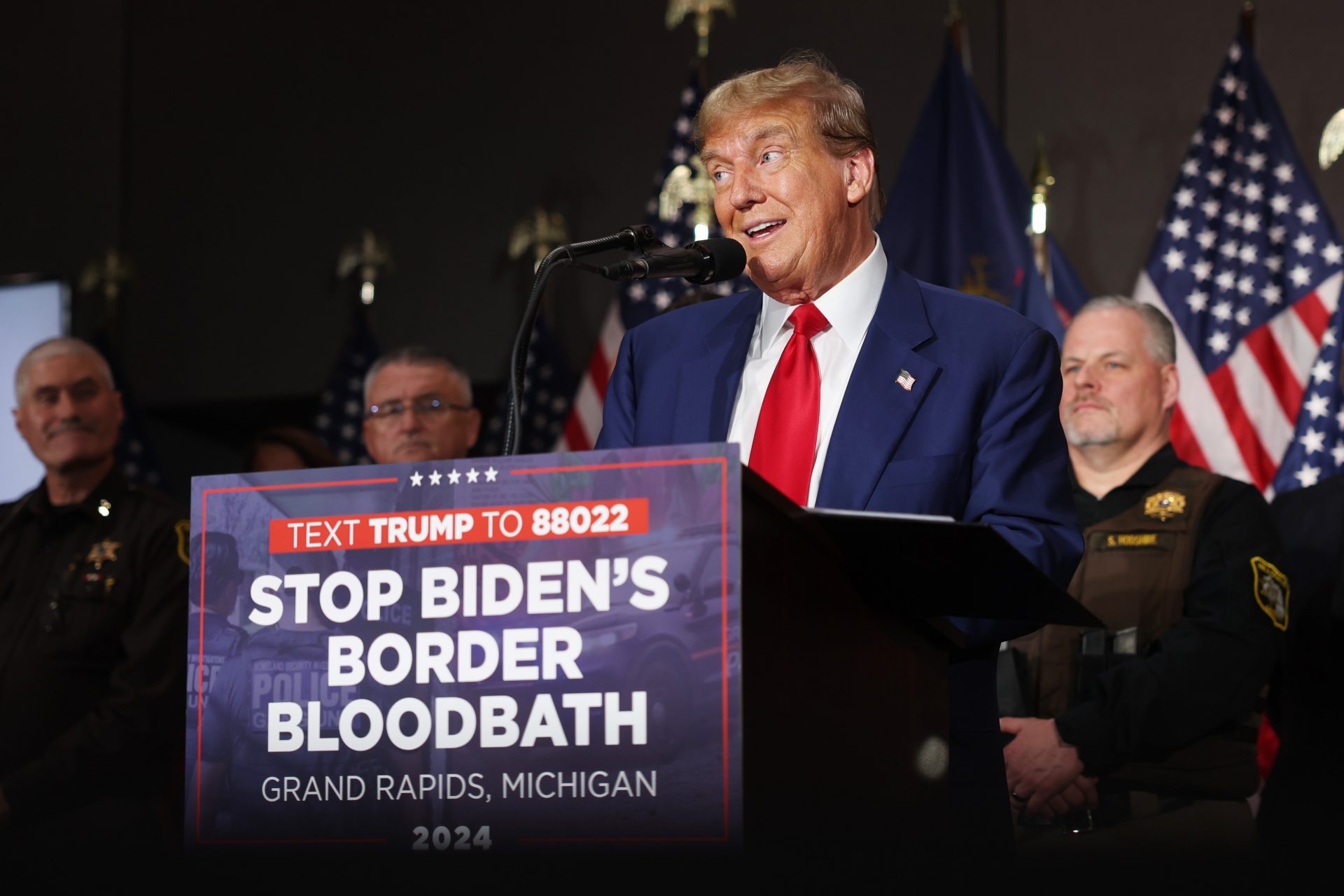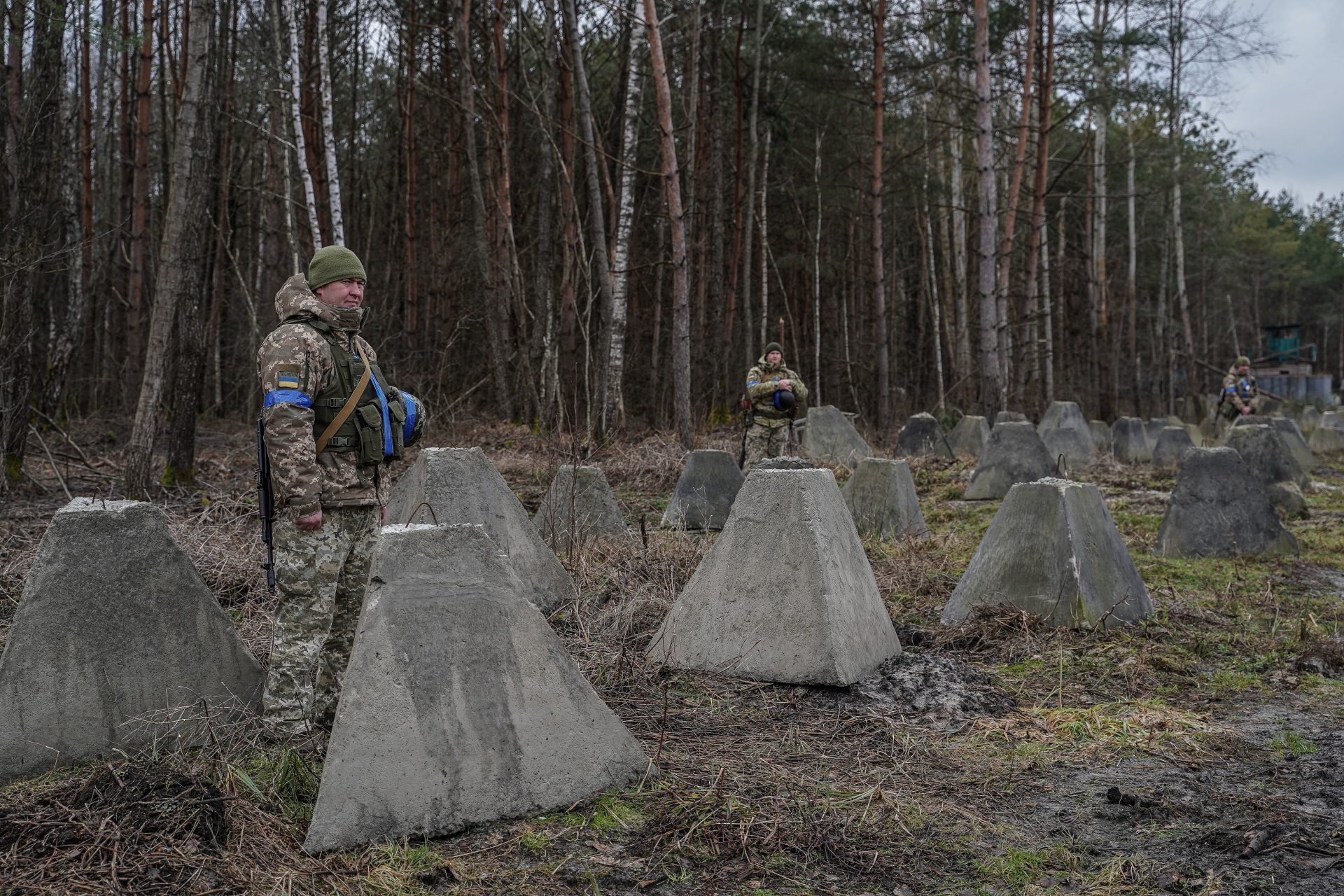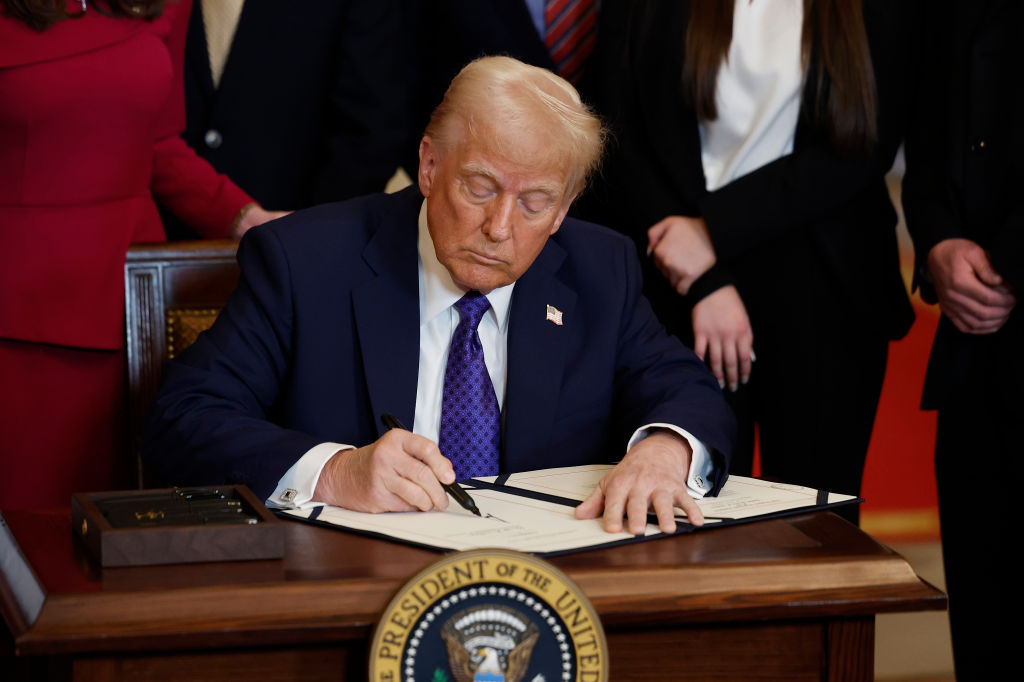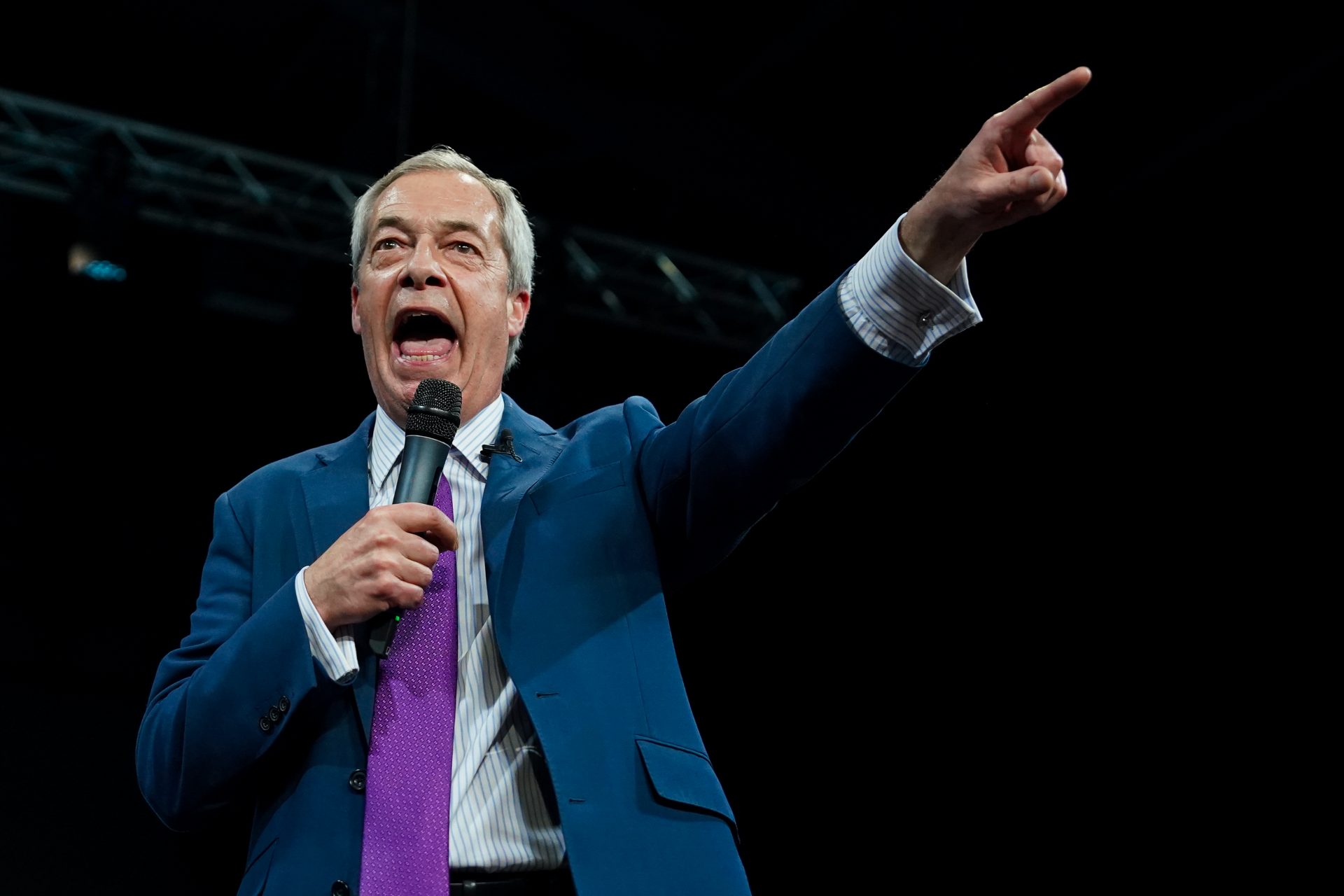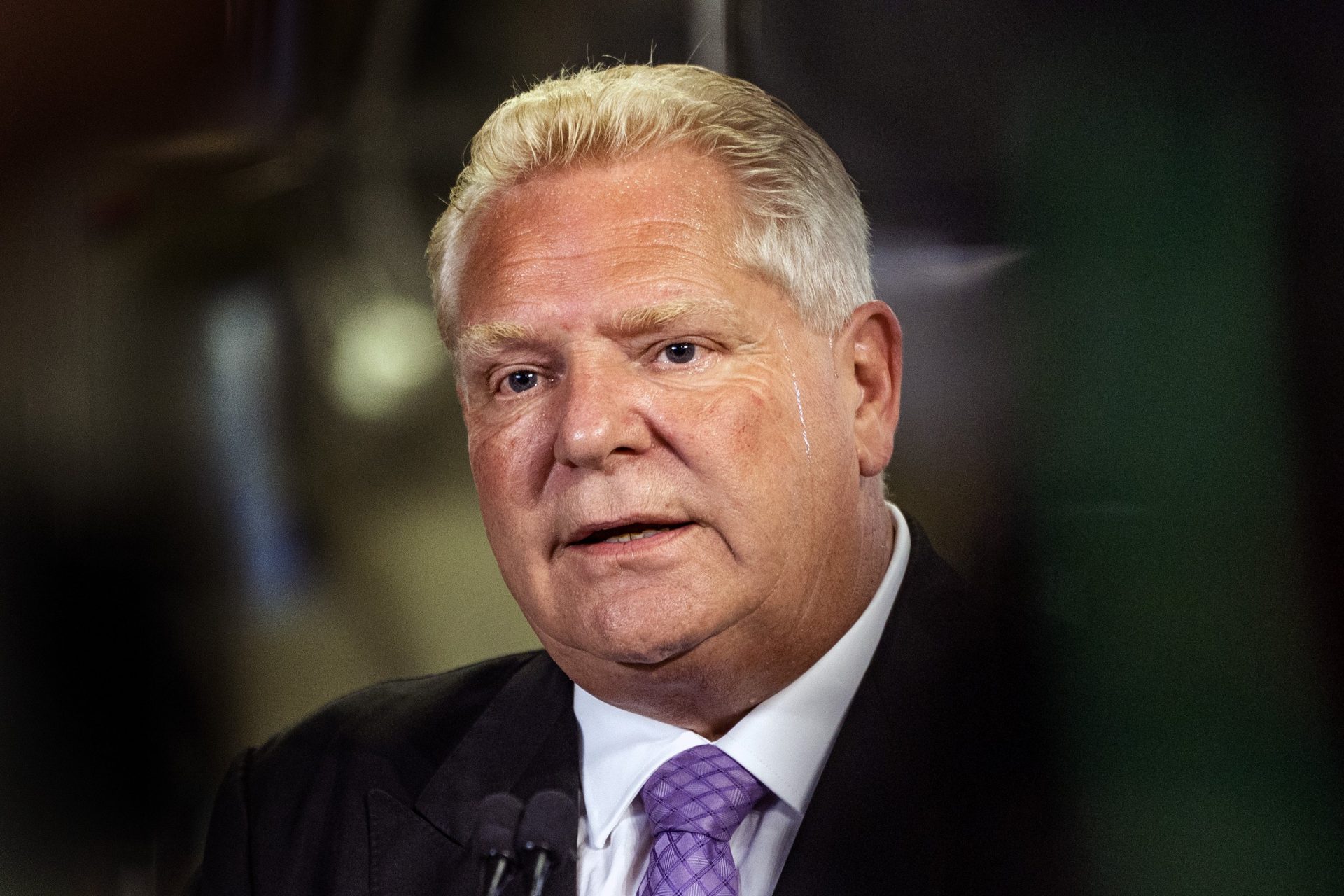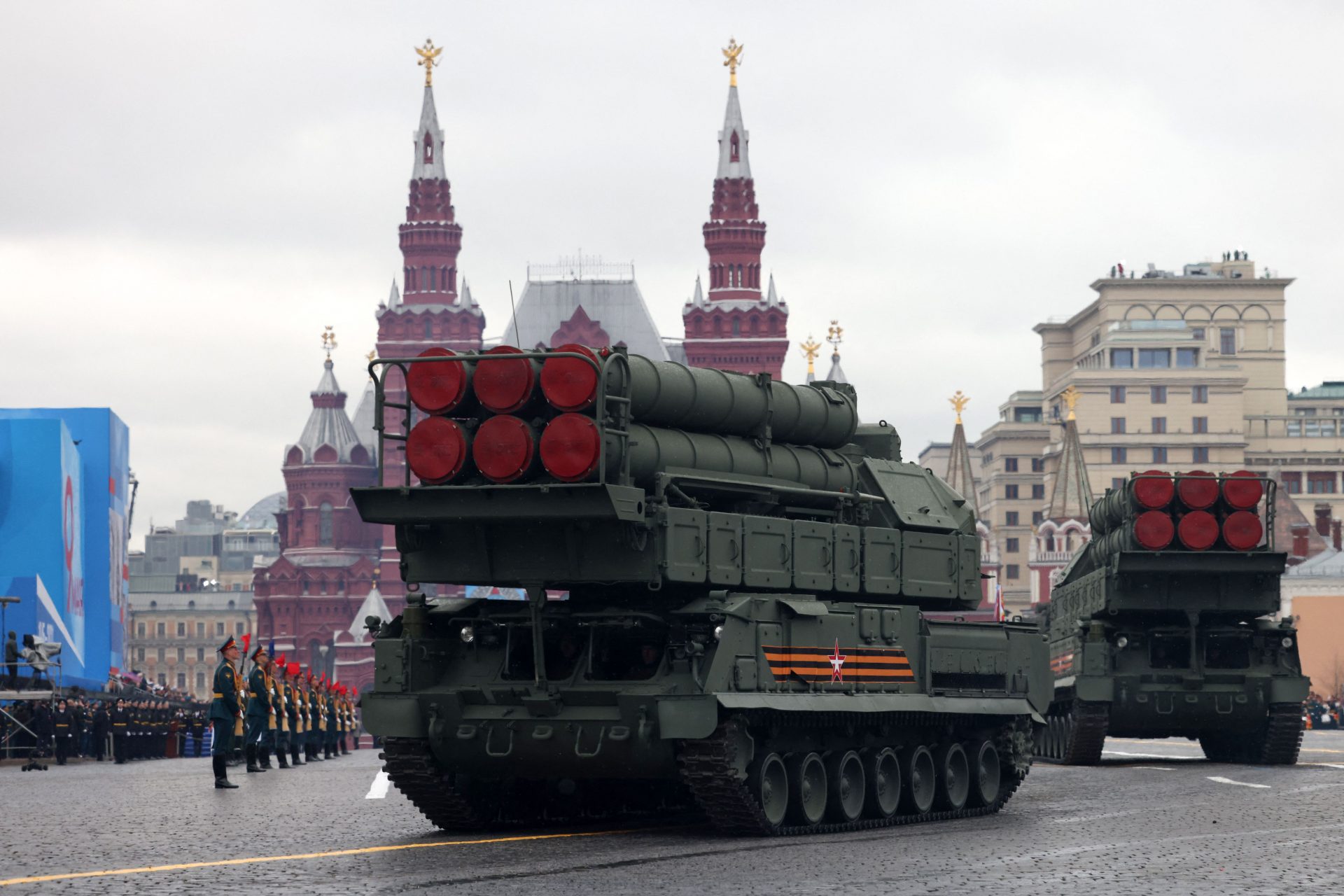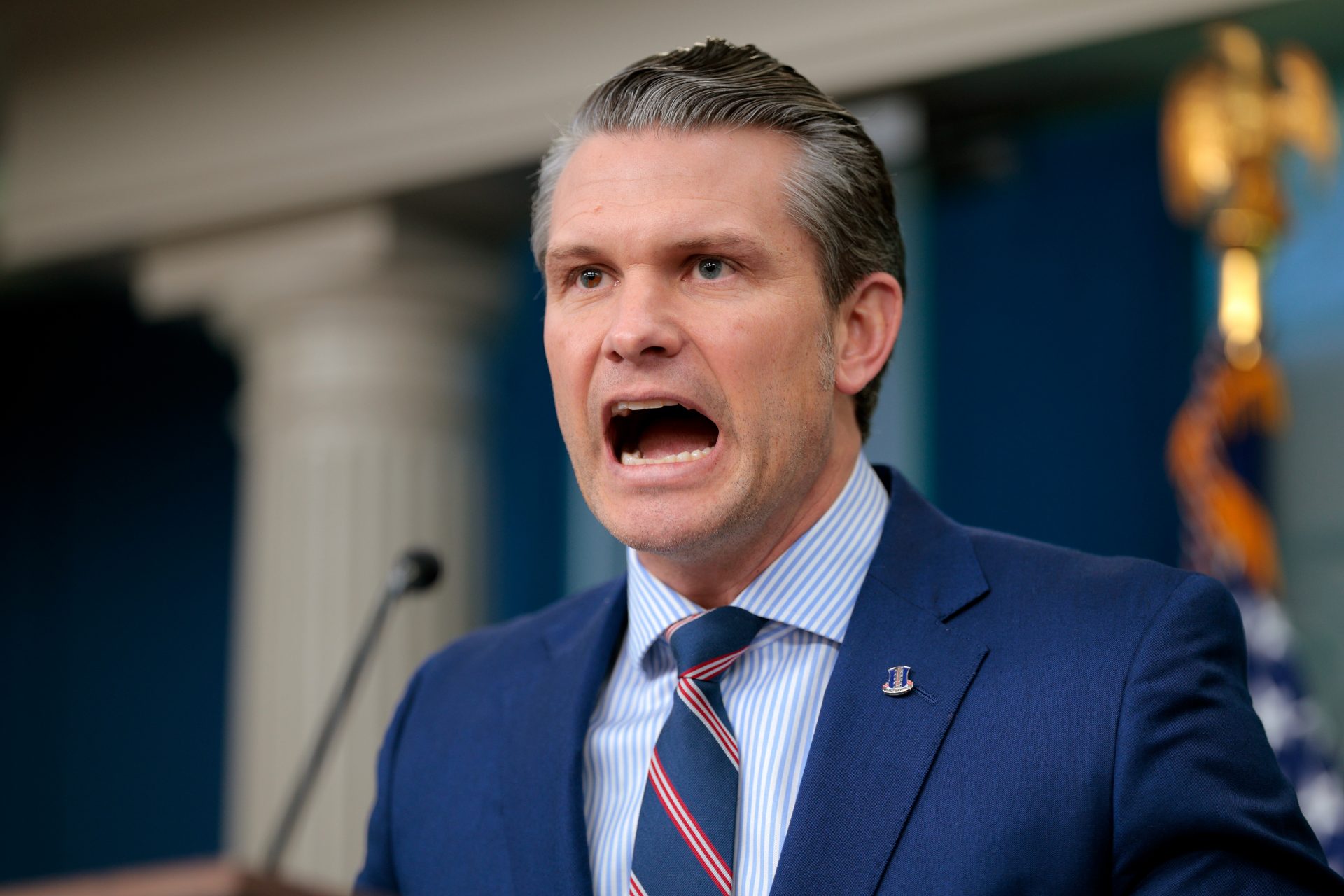What would happen if Biden or Trump died?
The 25th amendment of the US Constitution states that if the president dies, the vice president would become president. So if Biden, as the sitting president, were to die, vice-president, Kamala Harris, would assume the powers of the presidency.
However, timing is everything, and as the country prepares for the November presidential election, the hypothetical scenario becomes more complicated than Harris replacing Biden.
If one of them dies or is incapacitated before June 25, when the primaries come to an end, some states might postpone their primaries and/or their filing deadlines (as they did in 2020 because of COVID-19) in order to give more time for newer candidates to get into the race, Kamarck says.
If, however, the candidate dies or is incapacitated after June 25, when the primaries are over, and before the parties’ respective conventions (15 to 18 of July for Republicans and 19 to 22 of August for Democrats), the conventions would turn out a bit different.
“The convention would become what conventions used to be before reforms made the primaries dominant (minus the smoke-filled rooms”), Kamarck writes jokingly for brookings.edu.
Both Democrats and Republicans have sets of rules governing the functioning of their national committees and the nomination of the president and the vice president, Kamarck says.
But the bottom line, she says, is that the choice of a nominee is “party business”; not state law, not federal law, and not constitutional law.
If the candidate dies or becomes incapacitated after the conventions but before Election Day, the parties would also play a central roll in choosing the new candidate, Lauren Gambino, political correspondent of The Guardian says.
However, if the candidate dies or is incapacitated after Election Day, then the Constitution kicks in. Section 3 of the 20th amendment states: “If, at the time fixed for the beginning of the term of the President, the President elect shall have died, the Vice-President elect shall become President.”
There is some debate however over when a winning candidate becomes president-elect. Is it after the electors vote on 17 December or not until a joint session of Congress counts the electoral votes on 6 January?
The balance of scholarly opinion holds that the president- and vice-president-elect are chosen once the electoral votes are cast, according to a 2020 Congressional Research Service memo, but the law itself is ambiguous, experts say.
In conclusion, it’s all about timing and there are some uncertainties that we would only come to know in the actual event of Trump or Biden dying or becoming incapacitated. There is no doubt, however, that a situation like that would just rattle an already tumultuous presidential election.
More for you
Top Stories



